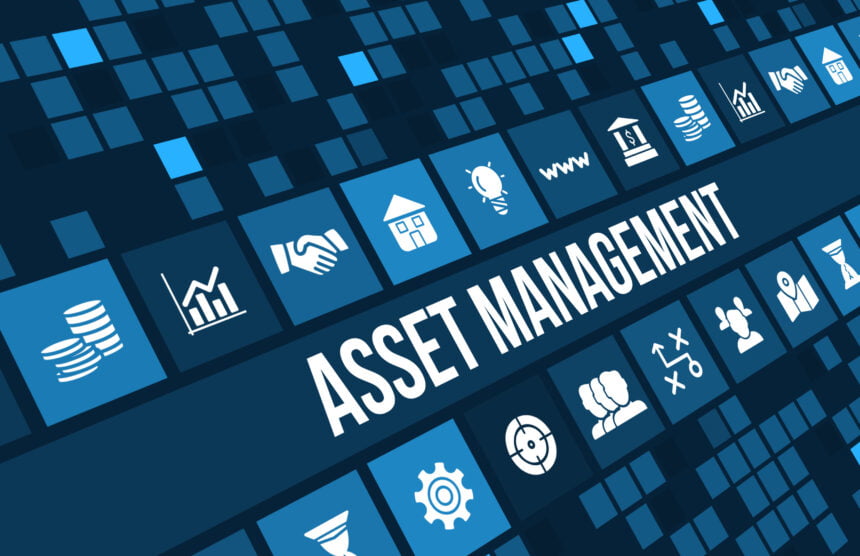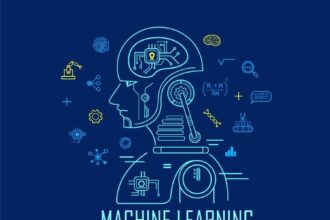Wealth and asset management has come a long way, evolving through the use of artificial intelligence, or AI solutions. It is not meant to replace people and threaten their livelihood, but to strengthen the connection between businesses and their customers. Machine learning (ML) is a form of AI that is becoming more widely used in the market because of the rising number of AI vendors in the banking industry. But is AI becoming the end-all and be-all of asset management? How much potential does it really have?
Why Machine Learning?
AI-based solutions continue to grow out of necessity as we are in the digital arena where businesses and industries are catapulted into the spotlight, bringing their competitive edge out into the market. The banking and financial industries are no different.
Business-to-business (B2B) transactions are becoming faster and more secure thanks to various apps and software. Clients or customers can now have safer transactions for investing, saving, borrowing, and spending money. AI has completely changed the way people deal with money and the decisions they make associated with it.
What Machine Learning Means to Asset Managers
On the finance side of businesses, asset management firms are utilizing machine learning with computerized maintenance management systems (CMMS) and data analytics to manage digital assets.
- CMMS
CMMS is a product of artificial intelligence that makes it easier for businesses and organizations to manage assets both online and offline. The processes are simplified for maintenance teams to efficiently keep and organize asset records, track archived transaction histories and performance, and set up schedules of tech maintenance. There are sources that feature a list of CMMS tools or more commonly known as CMMS software.
- Data Analysis
Machine learning is also an asset manager’s aid as it triggers algorithms to help analyze data sets and make predictions possible. As a form of AI, it goes against code instructions and undergoes the process of trial and error to produce accurate recommendations.
Securities investments can easily be navigated because asset managers can quickly intervene and make the correct decisions on which direction to take. At the same time, asset managers can use gathered data from other sectors to work around limitations before they can use the insight presented by the ML as well. There is no need for regular approval from stakeholders in making investment decisions since the portfolio managers can do it for them through machine learning.
Data analytics is another science that uses AI and is utilized by analysts to gather information so that they can discern and act on worthy investments. Researching, collecting data, and processing everything they find can be labor-intensive. Partnered with natural language processing (NLP), AI software can pull relevant information from sets of unstructured data.
- Risk Management
Machine learning also reinforces cybersecurity and necessitates companies from various industries to tighten their security measures. Internet users have been giving away personal information in exchange for the fair use of services, purchases, and other interactions with online businesses. While consumers have this freedom, it is up to companies to keep their users safe.
Although there are doubts and complaints on the reliability of machine learning when it comes to cybersecurity, the contribution of AI techs still made an impact when it comes to keeping data safe, whether such data belong to users, customers, or the company itself.
Various cybersecurity domains such as malware and spyware detection are being employed by asset managers. These digital viruses can attach themselves to your computer systems to obtain private data such as credit card numbers and other personal and confidential information. Tech-based companies have been learning various malware patterns to discover countermeasures businesses can use.
Information-sharing on cold storage was previously considered dangerous because of various networks that can access sensitive data online. Today, machine learning systems employed by e-commerce companies possess the ability to analyze various attempts of information breaches not limited to data transfers to unknown locations, downloading of important data, and login attempts that the company system cannot recognize.
- For Non-Tech Users
Tech developers continuously create user-friendly ML solutions for data analytics that don’t require coding. The technical side is not managed by the developers themselves. Clients who use the software can focus on running the business instead of carrying the additional burden of managing technical errors.
Conclusion
Machine learning makes it easier for various businesses to manage assets. Relying on it is becoming the norm in response to the demands of the digital age. With faster and easier processes, asset managers can use collected data to create insights and make calculated decisions in case of unforeseen issues.











